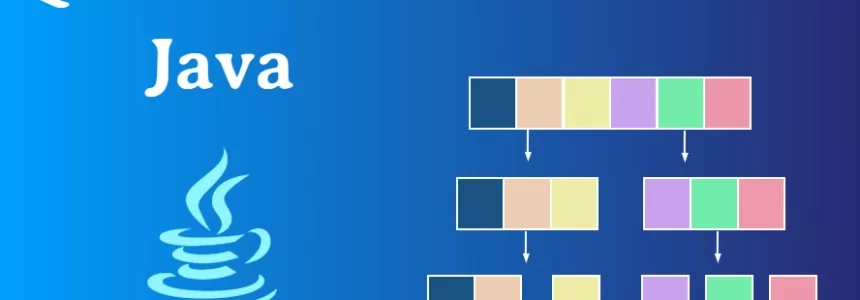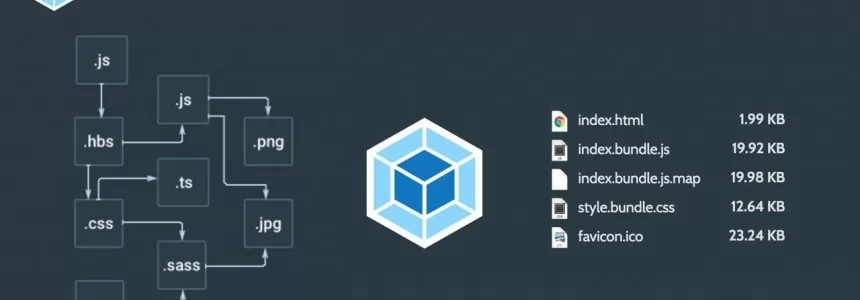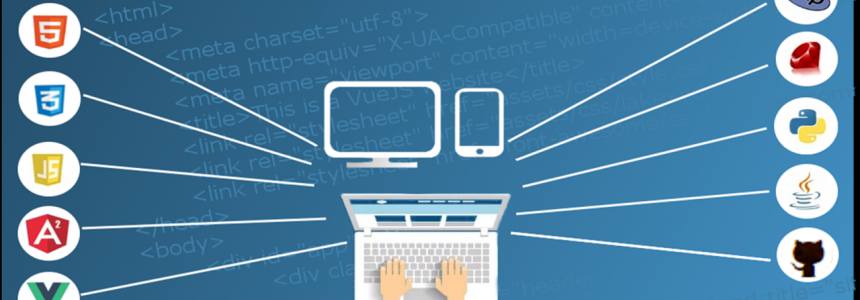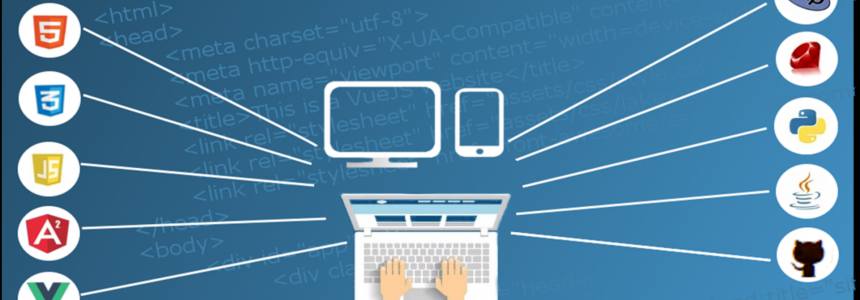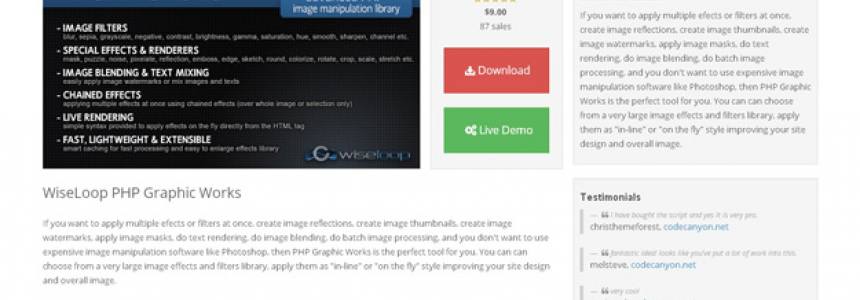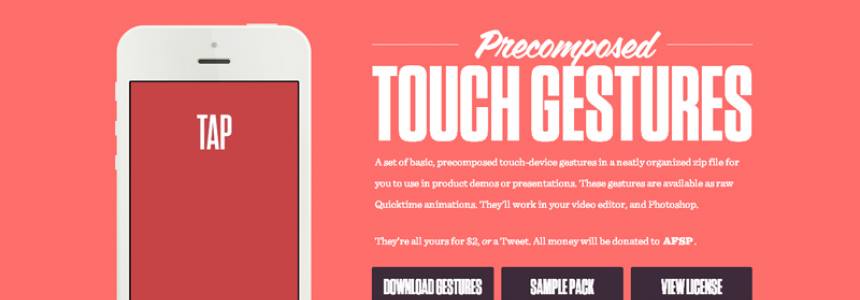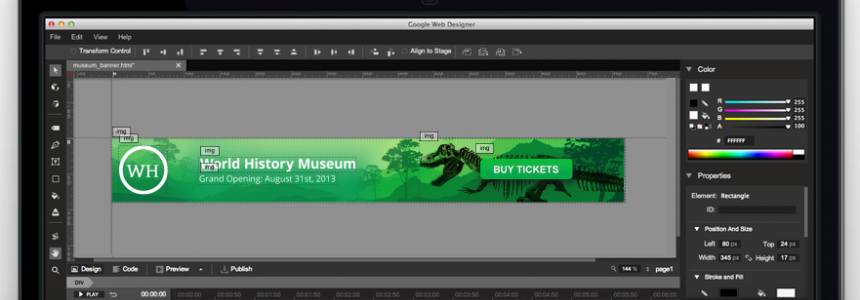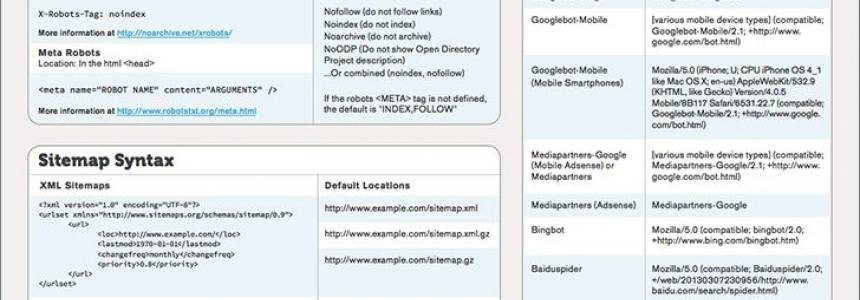
GirlDevelopIt SF is now 1,500 members strong, and all but a handful of them are women interested in learning to program, make websites, and generally become more technically literate. Because of my involvement in GDI and likely also because I'm a fairly visible "woman in tech", I often get approached with my thoughts on how other events can attract more women. As a general rule, I prefer to avoid talking about the women-in-tech-thing and instead spend my time doing stuff about it, but well, every once in a while, I decide to share some thoughts. Please note that these are only my thoughts, and do not necessarily reflect those of every woman everywhere.
Given that, here are some ideas on how you can lower the barrier for women to come to your developer events:
Offer a low cost option
There are numerous reasons why you might consider lowering the financial barrier for women attendees:
- Women don't traditionally earn as much as men. Studies show that women in the same roles as men often don't earn as much, for a myriad of reasons.
- Many women are up-and-coming developers, so they're not earning the developer big bucks yet. There is not a high percentage of women in computer science degrees at college, but lately, at least around these parts, there's a bit of an everyone-learn-to-code revolution and women are looking around and deciding that maybe that is what they want to pursue. This is probably my distorted opinion from running GirlDevelopIt, but basically, the majority of women developers I know are in the learning stages or the junior engineer stage, so I typically don't recommend expensive conferences to them.
- Women may not feel as comfortable at the conference as the men, so they have less financial incentive to attend. We pay money for things that we think we will get a high value out of, and no pain. When I think about paying for a conference, I think about about the content but also about the atmosphere. Am I up for doing the whole only-woman-there thing? Do I feel like hanging out with a bunch of beer-drinking dudes? Sometimes I am, but sometimes I'm not, and especially if the conference costs money. Like everyone, I hate spending money on something that wasn't as good of an experience as I'd hope. I hate wasting time, too, but somehow that doesn't feel as bad. (And if I went to a conference for free and didn't like it, I could just leave, which I admittedly have done.)
How do you actually lower the financial barrier? There are a few ways:
- Offer a scholarship that women can apply for. You can offer this out of your own event funds or partner with someone to be their official sponsor. Put together an application form that finds out what their need is like and how interested they truly are in the event. Organize a breakfast or lunch for scholarship recipients, so that they feel an obligation to show up and get an excuse to meet other people (meeting people at events is hard, especially if you're not a chronic-event-attender).
- Offer free or discounted tickets for women groups to give out. You can find local groups like WomenWhoCode or GDI, contact their organizers, explain sincerely why you think the conference would be of interest (don't send a damn form letter) and offer them discounted tickets.
- Make your event free for everyone. This is an option, but it will effectively lower the barrier for *all attendees*, so if you do this, you need to go through effort to target women specifically, way more than men. Google recently put on DevFestW, and they did outreach through all of the local women groups and got up to 60% RSVPs of their cap before they advertised it to the general public. If they'd advertised it to the general public at first, it would have likely filled out with mostly men, just for statistical reasons.
Increase the value proposition
I have an anecdote-based theory that to some attendees, a conference is attractive merely because it is an excuse to drink and socialize with like minded folks. Well, I personally don't get attracted to conferences for that, because I don't always like drinking (especially with strangers who I have yet to develop trust in), and because I don't always know that I'll find like minded folks there. When I go to a conference, it's because I'm excited about what I will learn at the conference, what speakers I will get to meet (like the authors of tools I'm using), and hey, if it offers kayaking on the side like JSConf is this year, I'll get excited about that too.
Given that the value proposition of a conference may matter more to women (or atleast me), here is what I suggest:
- Publish everything you know about the speakers and topics covered as soon as possible. Some conferences are well known enough that they attract attendees on their name alone, but that means that you are only attracting the attendees that already know the conference and have confidence in its value to them. If you want to attract women, most of them will be new attendees (given the low % of women attendees currently), and they may want more information than the brand.
- If you do not have all the information published when ticket sales start, save some tickets. I often wait until I see a conference agenda and find out who else is going before I decide to attend it, but for more popular conferences, that sometimes means the conference is sold out by the time the value proposition is clear. If you are starting ticket sales before the full value is clear, then you might consider saving tickets that you can announce at later times, or offer through other channels.
- Encourage previous attendees to recommend it to their (women) friends. Just like we trust restaurant recommendations from our friends more than other sources, I'm more likely to think that a conference will be beneficial if a friend tells me so.
Lower the intimidation factor
A conference can be a scary place. Hundreds of strangers milling around, an expectation of networking, content that might go too far over your head. For a woman, it can be even scarier because we stand out (so we do not have the option to blend in), and because we may suffer from imposter syndrome.
Here are a few ideas on improving that:
- Clearly message the intended level of the conference, or make it beginner friendly. This reduces the fear of mismatched content level. For much more detailed thoughts on making an event newbie friendly, see this blog post.
- Organize groups of women attendees. New things are less scary when we have a support crew, and that's something that you could encourage to make your event less scary. You could reach out to women groups and encourage them to make a Meetup out of it (and maybe they'd meet up for breakfast at the conference), or you could offer discounted rates to 2+ women attending together. You could also incorporate social networking into your ticketing process to see if that makes it easier for attendees to find other potential attendees.
Wrapping up
To summarize all of the above, I'd say: It's harder for women to know which events they will gain the most pleasure/experience the least pain, and they will tend to attend those with the clearest value proposition, lowest cost/commitment, and lowest intimidation factor.
Once again, I want to reiterate: these suggestions are based on my experiences, and do not necessarily reflect the views of other women. I know that some of my suggestions are along the lines of Affirmative Action, and there is much debate along those lines. I do not want to inspire heated debate, I just want to put my food for thought out there, and hopefully it can be helpful to some of you. I'd love to hear in the comments what has worked or not worked for your own events. Thanks!
source: http://blog.pamelafox.org/

Janeth Kent
Licenciada en Bellas Artes y programadora por pasión. Cuando tengo un rato retoco fotos, edito vídeos y diseño cosas. El resto del tiempo escribo en MA-NO WEB DESIGN AND DEVELOPMENT.
Related Posts
Java Sorting Algorithms: Quick Sort
Welcome back to this overview about the Java world! Today, we are going to talk about a renowned sorting algorithm: the Quick Sort. The Quick Sort is not very suitable for educational purposes because…
What is Webpack and how does it work
WebPack is basically a packer of modules or module bundler, but thanks to one of its components, the plugins, can be used as tasks runner, ie we can do tasks…
JavaScript challenge for old developers
Let's take a moment to discuss your relationship with JavaScript before delving into technical aspects. If you're anything like me, you've been working with HTML for a long time, occasionally using…
Best Development Posts Of August 2018
For this month, we ranked some Web Development articles to pick the Top 20 stories that can help advance your career. The Five Top Reasons to Use JavaScript by Richard Kenneth Eng I’m a…
How to Become a Full Stack Developer in 2018
A full stack developer is someone who can work on the development of all layers of an app or program. That means that they are familiar with both the front…
11 Guides for Front-end Developers
Enjoy our Guides series for for Front-end Developers and don’t forget to let us know in the comments of any others that we haven’t yet included. 1. Can I animate…? Can I…
PHP Libraries For Summer 2016
Here are our picks for the 12 most useful and interesting open-source PHP libraries that you should check out this summer! Monolog With Monolog you can create advanced logging systems by sending…
10 Useful PHP Image Manipulation Libraries
In this article, we listed 10 PHP Image Manipulation Libraries which help developers making their tasks simpler. 1. Imagine Imagine is a OOP library for image manipulation built in PHP 5.3 using the…
20 Awesome Free Tools For Web Developers 2014
If you’re a web designer or a front-end developer, you probably spend a lot of time writing mark-up. Fortunatly, there are some great tools and projects on the web that…
Google Web Designer beta now available: A Visual Tool For Building Interactive HTML5 Sites And Ads
Google today announced the launch of Web Designer, a new tool for building interactive HTML5 sites and ads. The company commissioned a research study with Illuminas to uncover the barriers that…
The Web Developer's SEO Cheat Sheet 2.0
In 2008 Danny Dove created the first version of SEO Cheat Sheet. Frustrated with how hard it was to find technical SEO information, he stayed up an entire night crafting…
Hash Passwords With PHP 5.5
Every PHP developer would have to build an application that relies on a user login. It means that the user of the website having a Username and Password which is stored in…


